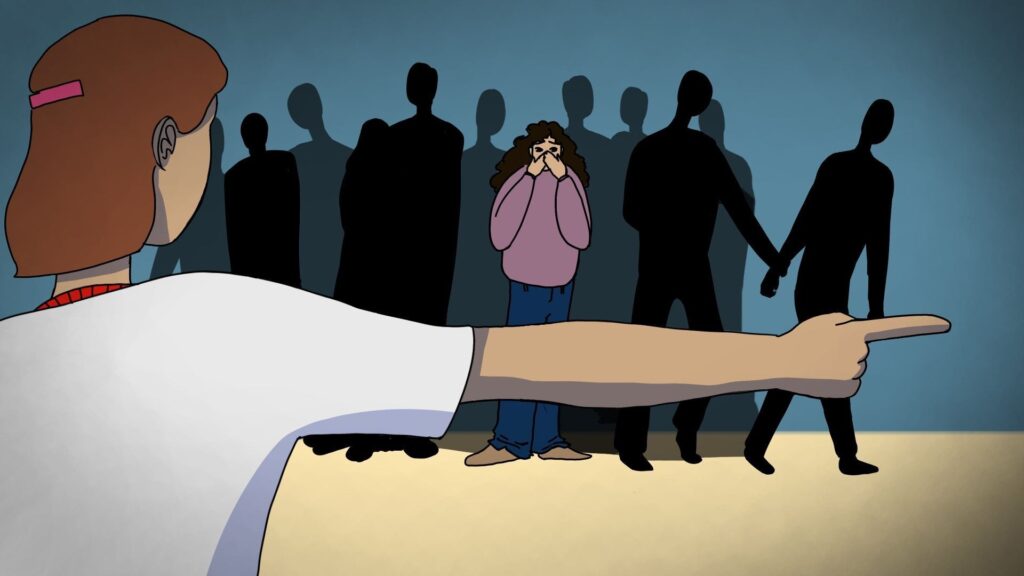My Experience At A Homeless Shelter
From bullying, theft and even mistreatment, my experience at a local shelter has been a blessing and a curse.
Last October, I navigated from Seattle through Oregon and landed in Miami, looking for a fresh start after using drugs and alcohol to process the loss of my mom and cutting ties with my family.
The majority of people that go in and out of shelters are known to be what some call street people. Others may even refer to them as criminals or slackers.
Although a lot meet the slacker profile, not all who enter shelters are there for three meals and a cot. Many come from different backgrounds and seek to change their lives.
My current shelter, Camillus House, and probably many others, lack the proper structure among staff members, programs and even security to make it a safe environment to progress in life.
Items are stolen every day and intimidation tactics keep clients from having luxuries, even simple ones like watching a movie in a television room, which is supposed to be a courtesy.
Feeling unsafe or mistreated can make those struggling with mental health issues like myself—I’m diagnosed with depression, post traumatic stress and bipolar disorders—feel belittled.
Shelters should really take into consideration that everyone is not the same, but everyone needs to feel some kind of safety no matter where they are in order to be productive in society.
This new state law, HB 1365, which prohibits public camping in an undesignated space and has been in effect since Oct. 1, isn’t making it easier either.
Shelters are behaving differently toward us and discharging many for lack of funding.
According to an article in the Miami Herald, Camillus House sought to increase their nightly prices paid by government funding, which is awarded through Miami-Dade County’s homeless agency—the Homeless Trust—but their proposal was rejected.
This led to Camillus House to discharge more than 140 clients back onto the streets without an explanation of what was going on.
A friend of mine was one of the many. She was offered another bed at a women’s shelter in Homestead, but it was too far from her job and she decided not to take it.
Remaining clients are scared and feel unsafe, unsure of what their next move will be if they are discharged.
Being more informed would give people more of a chance to prepare by finding new jobs and shelters and decrease the tension between the staff and clients.
Additionally, the introduction of an improved training system, which would teach staff how to treat clients and understand that their jobs are where they work, not their homes, could be very helpful in making people feel more comfortable and safer.
We know that our stay is temporary, but we should feel safe, be treated appropriately and kept informed.

